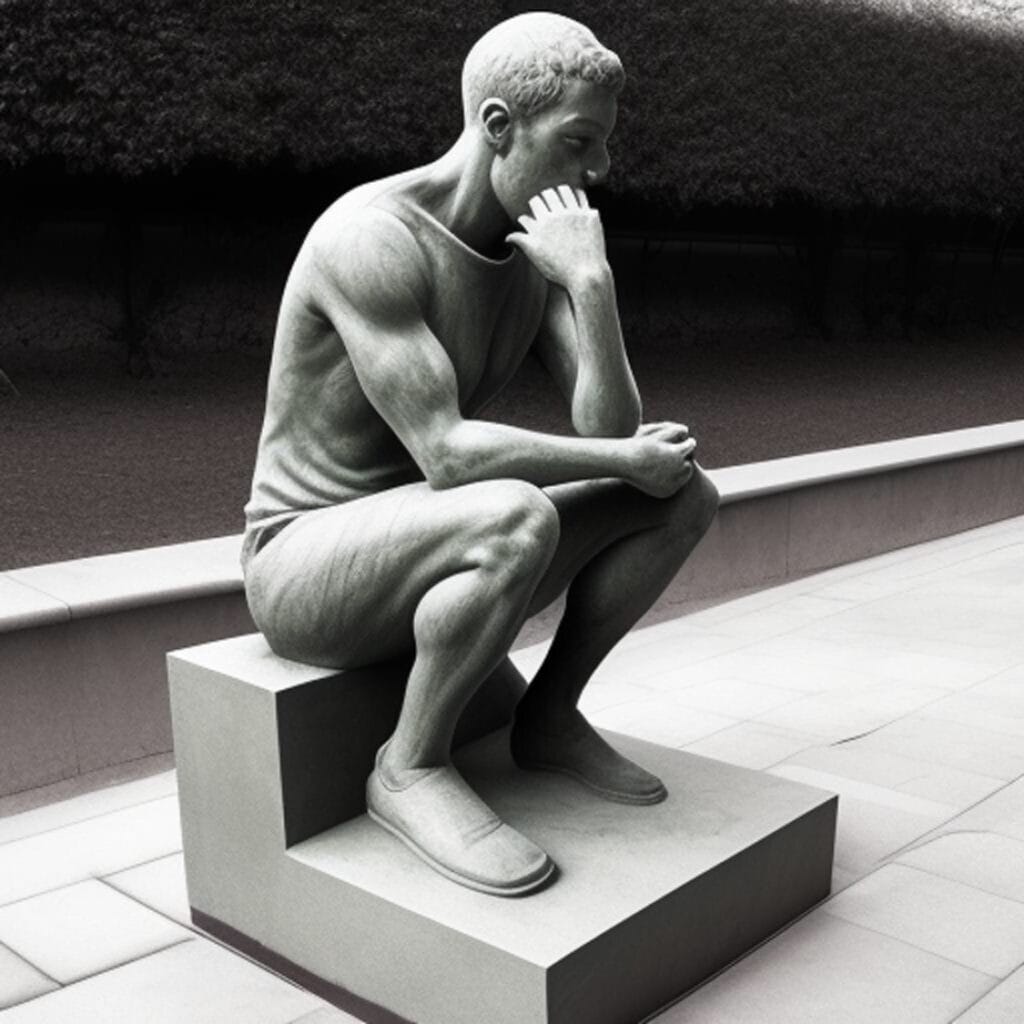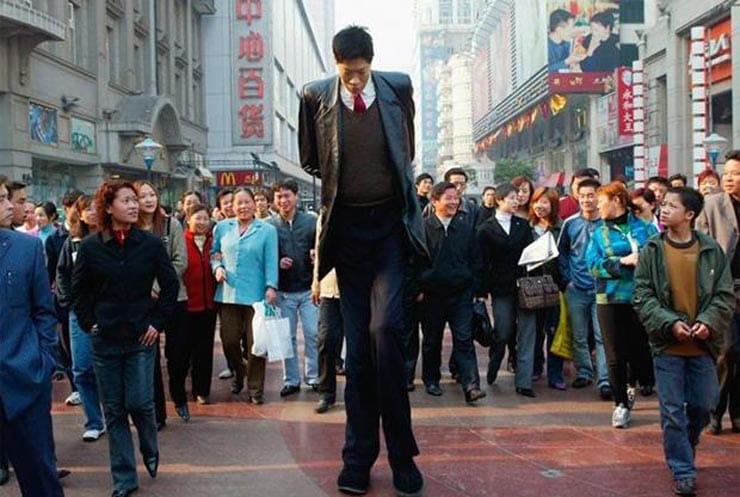WHY IS IT HARD TO ACCEPT YOURSELF?
By Jamal H. Maherea

Accepting yourself means embracing who you are, your strengths, weaknesses, flaws, and all—without judgment or the need to conform to others’ expectations. It involves recognizing and being at peace with your true self, including your emotions, thoughts, values, and experiences, while understanding that you’re always evolving and growing. Accepting yourself can be challenging for several reasons, many of which are rooted in personal, societal, and psychological factors:
1. Societal Expectations and Pressure
Society often imposes rigid standards about how people should look, behave, and succeed. Whether it’s through social media, cultural norms, or peer pressure, these expectations can make it difficult to feel “enough” as you are. The constant comparison to others can lead to self-doubt and a feeling that you need to change to be accepted or valued.
2. Fear of Judgment or Rejection
Many people fear that if they embrace who they truly are, others will reject them. This can lead to hiding certain aspects of oneself or trying to conform to what is considered “normal” or acceptable, even if it feels inauthentic.
3. Internalized Criticism
Over time, people can internalize negative messages they’ve received from others, whether from childhood, relationships, or social influences. These critical voices often become part of one’s self-talk, making it hard to see one’s worth clearly.
4. Perfectionism
The belief that you need to be perfect to be worthy of love, success, or happiness can prevent self-acceptance. People who struggle with perfectionism often set unattainable standards for themselves, leading to frustration and self-criticism when they inevitably fall short.
5. Past Traumas or Experiences
Difficult or painful experiences in the past, such as rejection, failure, or trauma, can shape how a person views themselves. These experiences can leave lasting emotional scars, making it hard to fully embrace and accept oneself.
6. Fear of Change or Growth
Self-acceptance often requires acknowledging aspects of yourself that may need growth or healing. This process can be uncomfortable because it involves facing vulnerabilities and shortcomings. For some, it’s easier to stay in a state of denial or avoidance.
7. Low Self-Esteem
When someone has low self-esteem, they may struggle to see their positive traits and abilities. This negative self-perception creates a barrier to self-acceptance, as the person may feel they are not good enough or worthy of acceptance.

8. Cultural or Family Conditioning
In some cultures or families, individuals are taught to prioritize others’ needs over their own, or to adhere strictly to specific roles or identities. This conditioning can make it difficult to accept yourself, especially if your true self doesn’t align with these expectations. Overcoming these challenges involves a combination of self-compassion, personal growth, and often, a willingness to challenge societal norms and internalized beliefs. Accepting yourself is a gradual process, but it can lead to greater emotional well-being, resilience, and inner peace. Keep it up and don’t give up.





